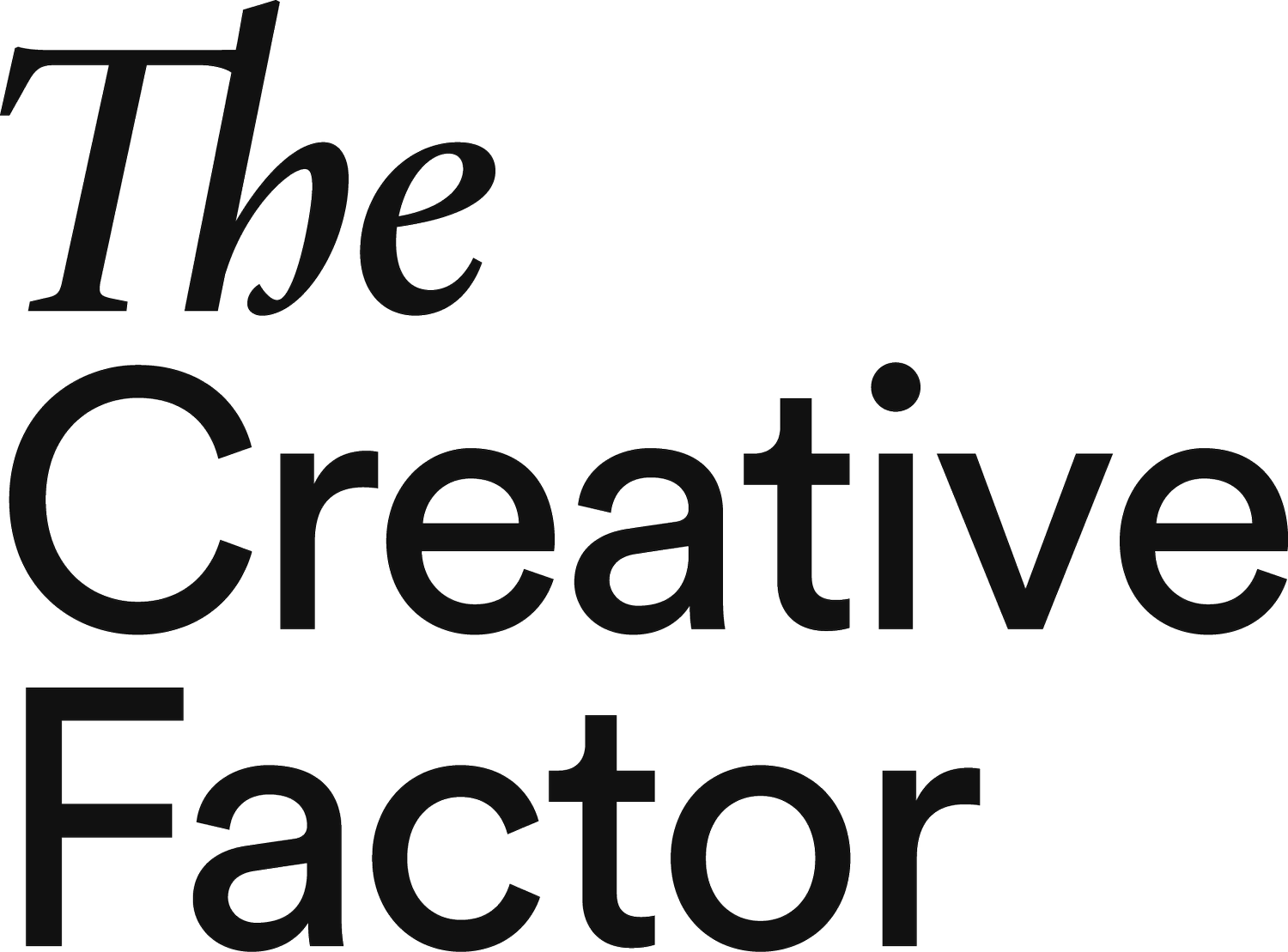
Reframing the Conversation: Why We Should Respect the Complexity of Art as Much as We Do Science
/ JULY 03, 2020
/ REFRAME
There is a reason that so many of us chose the creative life, and that likely had to do with dissecting frogs in high school chemistry class when we realized, Maybe science isn’t for me. But it turns out we’re a lot more scientific than we might imagine.
Susan Magsamen, founder and Executive Director of the International Arts + Mind Lab, a pioneering neuroaesthetics initiative from the Brain Science Institute at Johns Hopkins University School of Medicine, is studying this idea in her research at the intersection of psychological aesthetics, neuroscience, and human evolution.
Why is this noteworthy? Because “art” is often seen as frilly, whereas the scientific path is seen as admirable and honorable. This isn’t to argue that science is not honorable, but to reframe the conversation about art and science to acknowledge that both are incredibly complex work and greatly benefit people in their own ways. One way to reframe this conversation is to view our crafts through a scientific lens.
We recently spoke with Magsamen about how artists have a lot in common with scientists, measuring the value of creativity in a linear world, and why we need to think about our work in terms of our mission, not driven by our field of study.
Where did you begin to see that art and science are more connected than we might realize?
We had an event called The Science of the Arts where we brought together researchers studying sensory systems and artists exploring their imagination. We saw a tremendous overlap between the two disciplines. Artists have a lot of intuition about what works and how it works, and they are always experimenting. Artists are very scientific in their own ways. We’re not trying to push the arts into a scientific rigor. We're trying to say that art is a very dynamic, interdisciplinary field. It's generative, not reductionist. So how do you study art in a way that honors the complexity of it? It's a wonderfully complex problem.
How are we supposed to operate in a linear world? Should we allow for more irrational thinking?
Yes, because creativity is not linear. During the Renaissance, we went from this intuitive thinking to the rational, and a stigma happened around the creative life and the creative mind. Like curiosity killed the cat.
I'm a poster child for this field because I can't sing. I can't dance. My poetry sucks. But I do it all the time, right? Because it feels good. There is huge value in how creativity can build your mental health and well-being. We can use it to explore emotions we don't normally get to experience because we're in such a narrow, linear, rational box. That makes us more agile, resilient, and connected to the human race. But there's a bravery that has to happen there.
Photo by Henrik Dønnestad on Unsplash
Scientists can measure their results in a very quantifiable way. How can creators measure our value?
Artists are always trying to prove themselves and maybe we just need to stop. Maybe we just need to show, not tell. I don't think you ever convince anybody of anything; I think they see it and then they realize their views are changing because they have to. It’s putting yourself in environments where you are able to bring that work forward and show the end result.
I was at the National Academy of Sciences recently and they were talking about interdisciplinary work. They envisioned a time where you come to a university and say, “Here's how I want to change the world.” Their job is to put the curriculum together to give you the skills that you need to go do your thing. I don't know that that will ever happen, but I think that's how you have to think about your creative life: You have a mission.
Matt McCue is the co-founder of Creative Factor. He lives in New York City, but is willing to travel long distances for a good meal.



